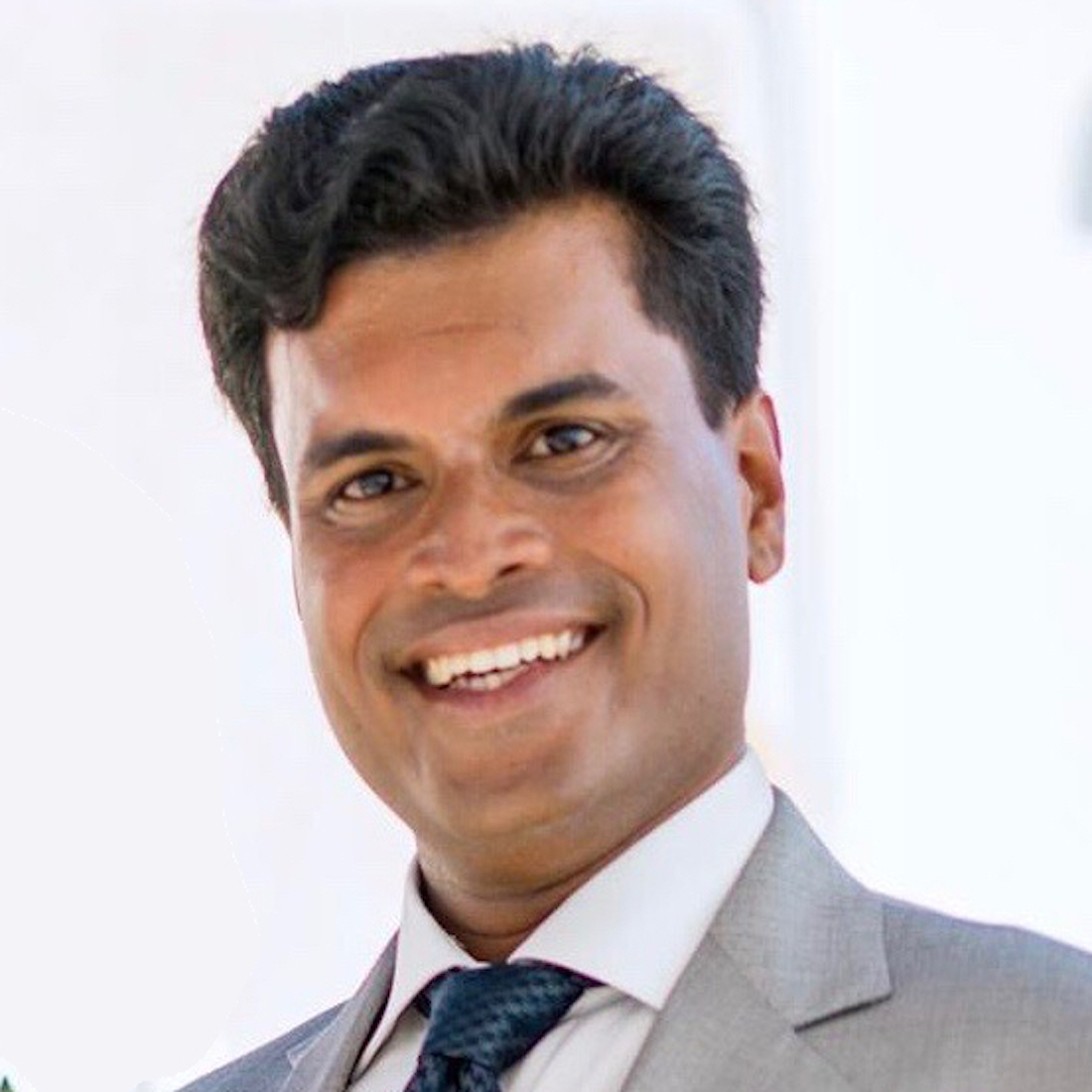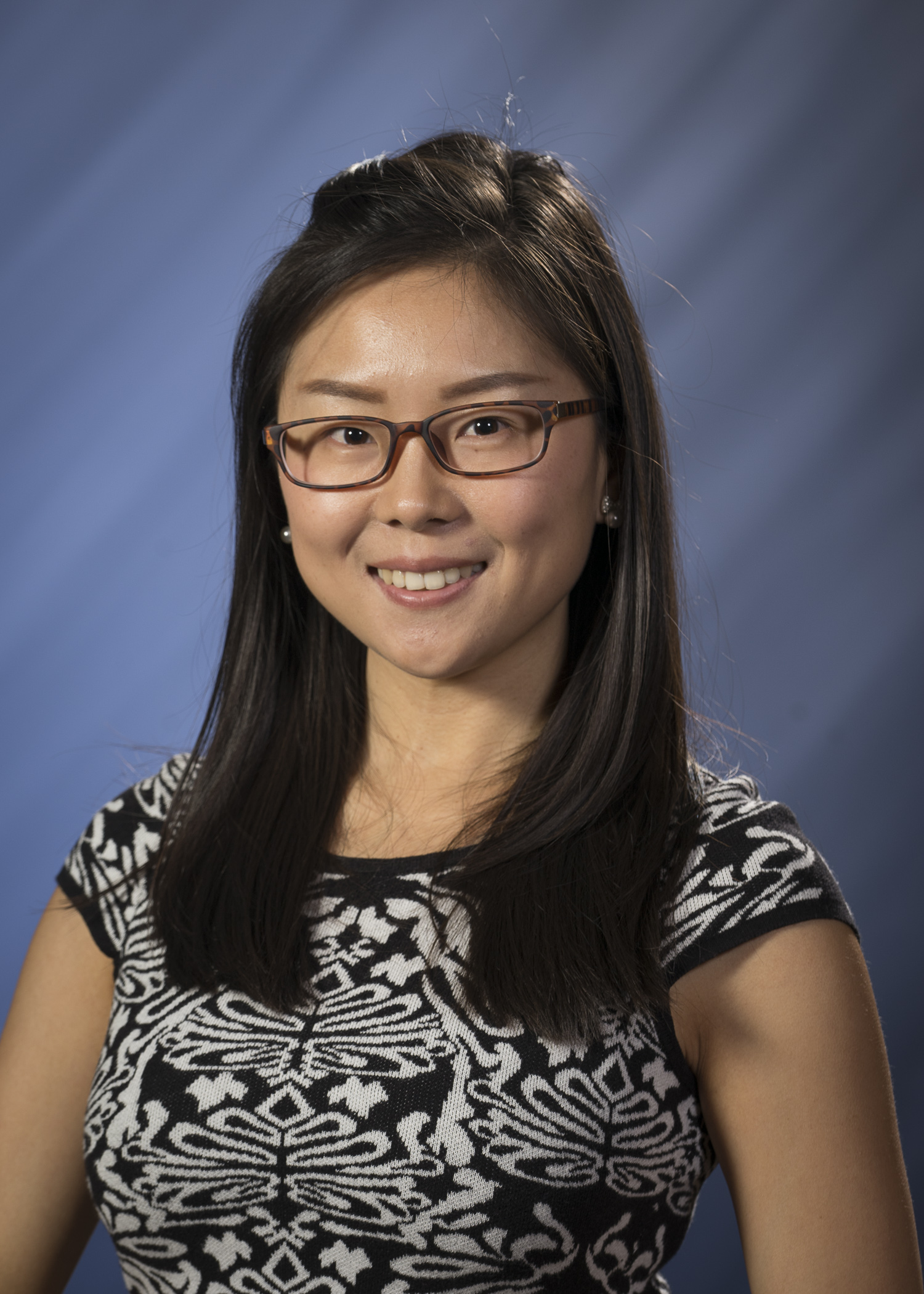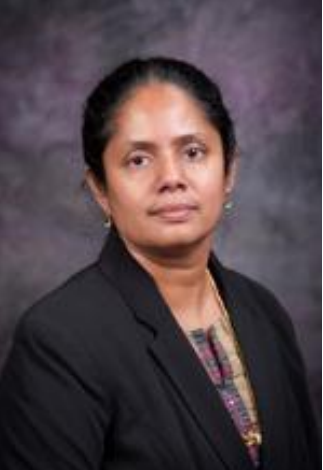Biological Systems Engineering (BSE)
Biological Systems Engineering (BSE) is a branch of engineering which integrates agricultural, biological, chemical, and engineering sciences. The Bachelor of Science degree in Biological Systems Engineering has two options: (1) Bioprocessing and Food Engineering and (2) Natural Resources Conservation Engineering. Students are provided with a strong background in engineering fundamentals and a professional focus is provided by combining courses in agricultural, biological and chemical engineering. Graduates are prepared for graduate school, professional studies or employment as engineers solving complex engineering problems or designing products and processes. ABET ACCREDITATION: The B.S. degree in Biological Systems Engineering is accredited by the Engineering Accreditation Commission of ABET, INC.
More program information:
Admission Information | Scholarship Information
CONTACT:
Satyanarayan Dev, Ph.D.
Associate Professor and Program Leader
Email: satyanarayan.dev@famu.edu
Phone: (850) 296-4336.
ABET ACCREDITATION
The B.S. degree for the Biological Systems Engineering (BSE) program is accredited by the Engineering Accreditation Commission of ABET, INC. (http://www.abet.org)
Program Educational Objectives
The BSE program will produce graduates who:
1. Are engaged in graduate or professional study in Science, Technology, Engineering,
and Mathematics (STEM) and related fields
2. Are practitioners in the engineering profession at all levels (e.g. engineering
design, management, consulting, engineering education etc.).
3. Are employed in the global arena to meet societal needs for agricultural,
biological, and natural resource systems.
4. Serve in leadership roles in the profession while making contributions toward
the betterment of society.
The student learning outcomes for the BSE program at FAMU are mapped directly to those with ABET (1-7), which are as follows:
- an ability to identify, formulate, and solve complex engineering problems by applying principles of engineering, science, and mathematics
- an ability to apply engineering design to produce solutions that meet specified needs with consideration of public health, safety, and welfare, as well as global, cultural, social, environmental, and economic factors
- an ability to communicate effectively with a range of audiences
- an ability to recognize ethical and professional responsibilities in engineering situations and make informed judgments, which must consider the impact of engineering solutions in global, economic, environmental, and societal contexts
- an ability to function effectively on a team whose members together provide leadership, create a collaborative and inclusive environment, establish goals, plan tasks, and meet objectives
- an ability to develop and conduct appropriate experimentation, analyze and interpret data, and use engineering judgment to draw conclusions
- an ability to acquire and apply new knowledge as needed, using appropriate learning strategies.
BSE Faculty Profiles
 Associate Professor and Program Leader
Associate Professor and Program Leader
Ph.D., McGill University, Canada
Email:satyanarayan.dev@famu.edu
Areas of Interest: Agtech, bioenergy, food safety, pathogen detection, nutraceuticals, and functional foods
 Assistant Professor
Assistant Professor
Ph.D., Purdue University
Email:jingqiu.chen@famu.edu
Areas of Interest: Environmental and Natural Resources Engineering Data Science and Digital Agriculture

Ph.D., Indian Institute of Science
Email:anandhi.swamy@famu.edu
Areas of Interest: Complex systems engineering, Food-Water-Energy (FEW) nexus, environmental change: climate, land-use, water-use, adaptation and mitigation strategies, vulnerability and impact assessment, decision support tools, artificial intelligence



